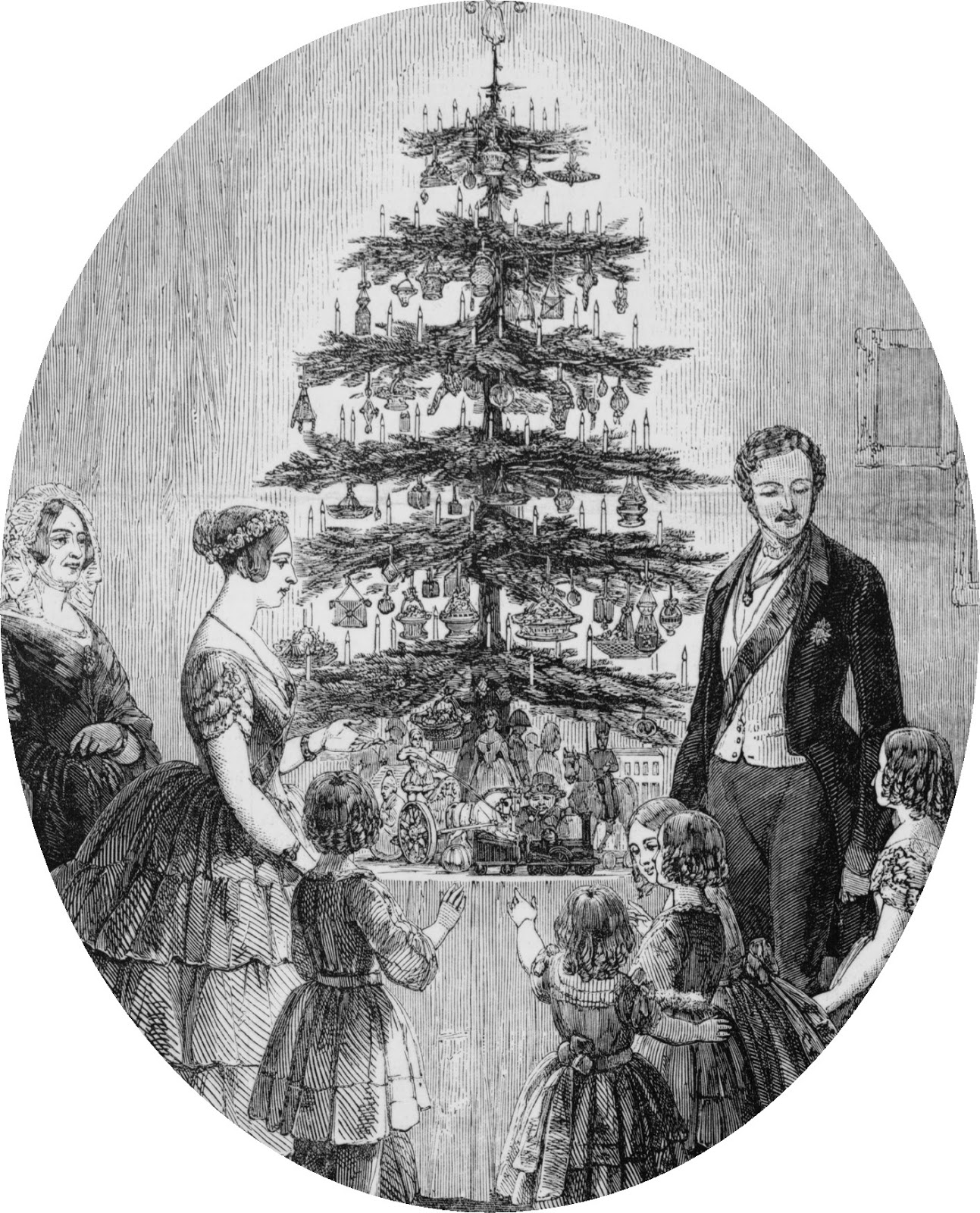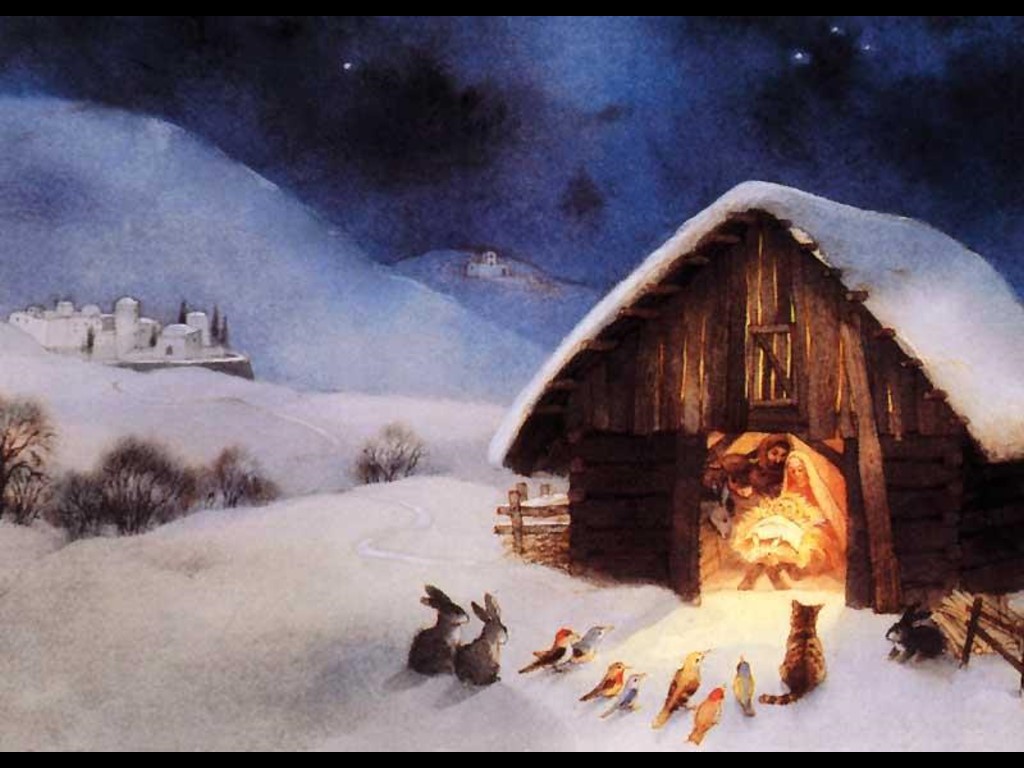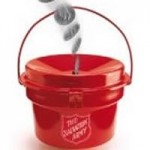Christmas in Colonial America
By Nicole Harms
What was a new father to do? Recently married to a wealthy widow, George Washington had an ambitious shopping list for his new step-children that Christmas of 1759. He wanted to get them “A bird on Bellows, A Cuckoo, A turnabout parrot, A Grocers Shop, An Aviary, A Prussian Dragoon, A Man Smoakg, 6 Small Books for Children, 1 Fash. dres Baby & other toys.” His list could easily rival or better some Christmas shopping lists today. But George Washington’s Christmas was not typical of Christmas in early American history.
Christmas in colonial America did not resemble the brightly lit festivities we celebrate today. In fact, many colonial religions banned celebrations of the holiday, claiming that it was tied to pagan traditions. The New England Puritans passed a law in Massachusetts that punished anyone who observed the holiday with a five-shilling fine. The Quakers treated Christmas Day as any other day of the year. The Presbyterians did not have formal Christmas Day services until they noticed that their members were heading to the English church to observe the Christmas services. This sparked the Presbyterian Church to start services of their own.
It was the Anglicans, Roman Catholics, and Lutherans who introduced Christmas celebrations to colonial America, but they were still much different that today’s festivities. December 25th actually began a season of festivities that lasted until January 6– the “Twelve days of Christmas.” January 6 was called Twelfth Day, and colonists found it was the perfect occasion for balls, parties, and other festivals.
Colonial Christmas was a holiday for adults, not a magical day for children. Christmas celebrations originated in the southern colonies, and activities included parties, hunts, feasts, and church services, all of which were adult activities. We do get some of our traditions from colonial days. For instance, the main decorations were holly, laurel, and garland, because these were the only plants that looked good during the middle of winter. Mistletoe was hung prominently, and couples would find their way under it at the Christmas balls.
The plantation mansions festively donned their decorations, and large feasts were prepared. The foodstuffs of colonial Christmas celebrations were similar to today’s Christmas dinner. A ham, roast, or turkey was usually the main course, followed, of course, by pie and other dessert treats. The wealth of the family determined the extent of feasting. Christmas trees were not a part of the colonial Christmas celebrations, for they did not make it to the states until the middle 1800s. Christmas carols were sung during the season and were religious in nature. “Joy to the World” gained popularity in Virginia, as noted in many journals and historical records of the time.
The tradition of gift giving did show up in colonial America, with an interesting twist. People gave gifts to their dependents, whether it be to servants, apprentices, or children. People did not return the gift giving to their superiors. And the gift giving was not the elaborate ordeal that it is today. Each recipient would most likely receive one special treasure. And the gifts were more treasured than they are today.
As more and more immigrants migrated to the New World, the Christmas holiday became more wide spread and incorporated traditions from around the word. The Christmas tree was brought to America from Germany, and Christmas cards came from London. Santa Claus himself is a combination of Saint Nicholas and Father Christmas from Dutch and English traditions. As Americans accepted the many new people coming to them, that absorbed much of their culture, especially their holiday traditions. Today’s Christmas holiday is an ever-changing, yet traditional day. Perhaps this combination of nostalgia and new ideas is why we love Christmas so much!












This is a awesome website.
I liked this article.
This very helpful for my imformanion paper for work.